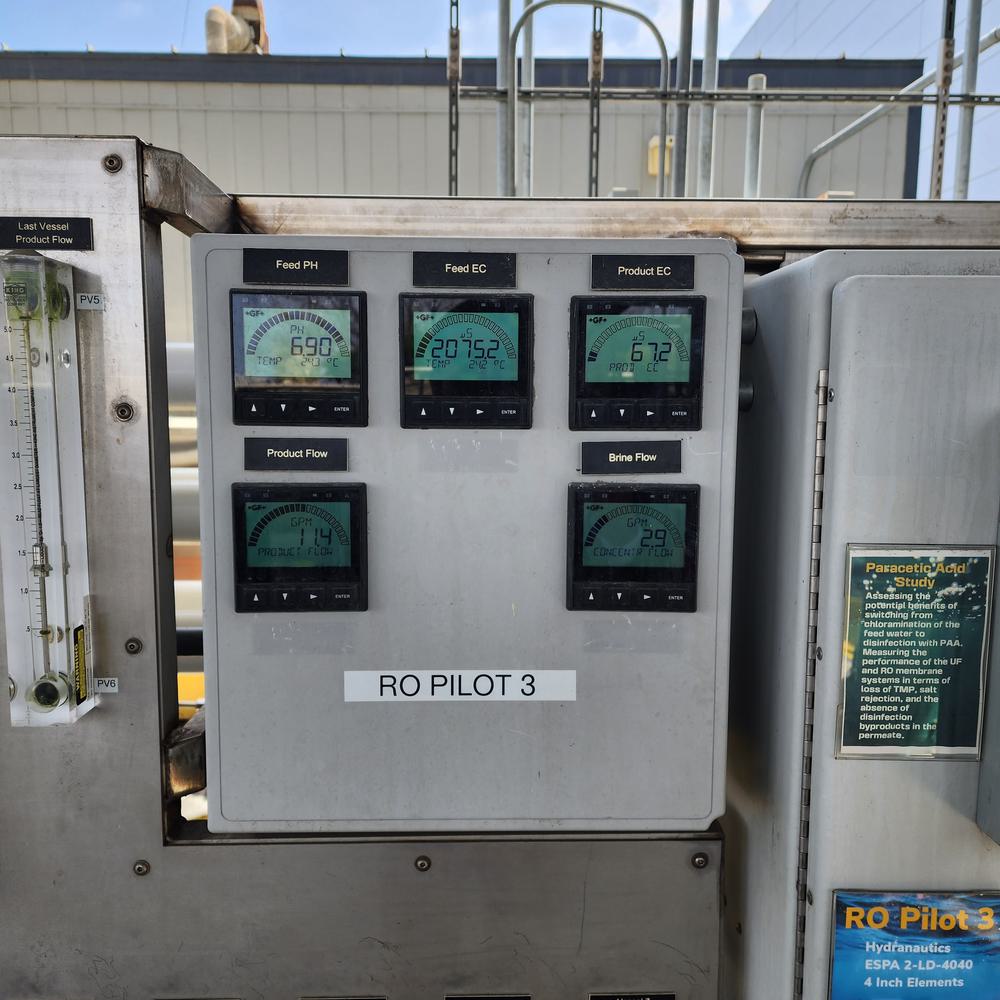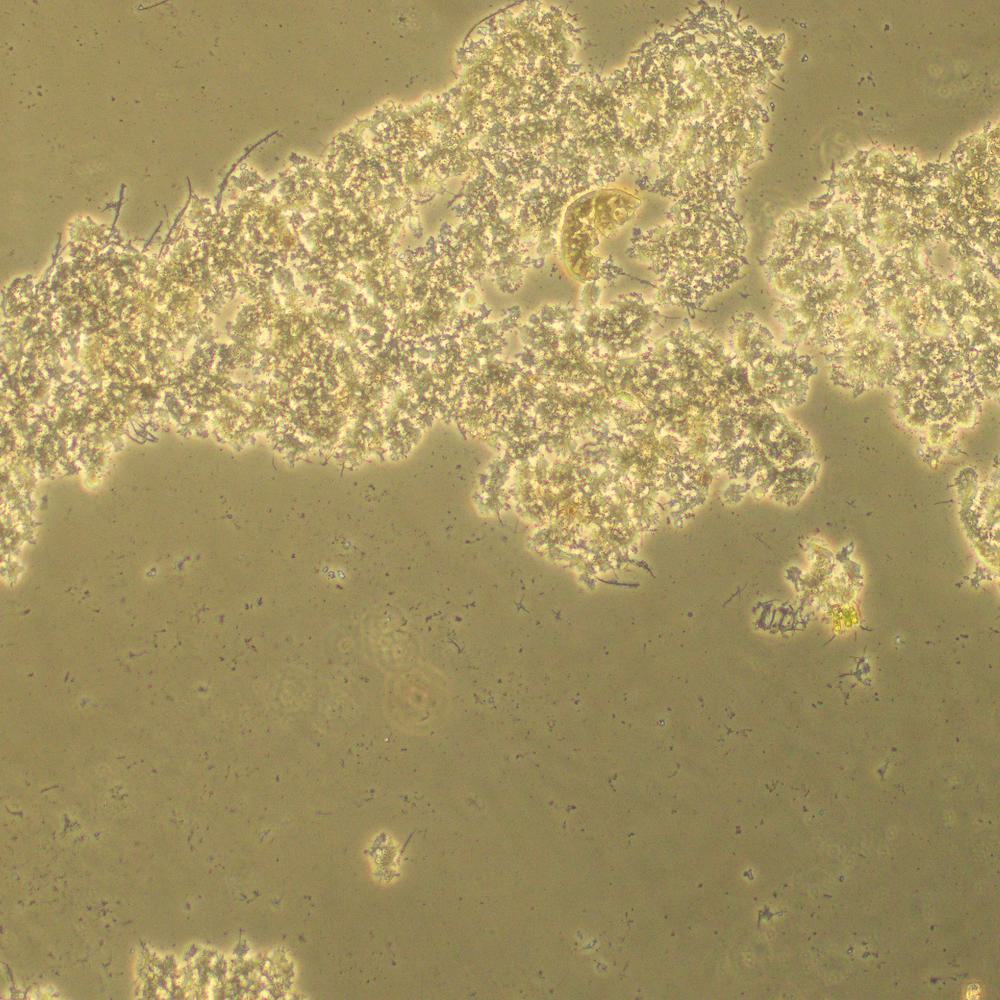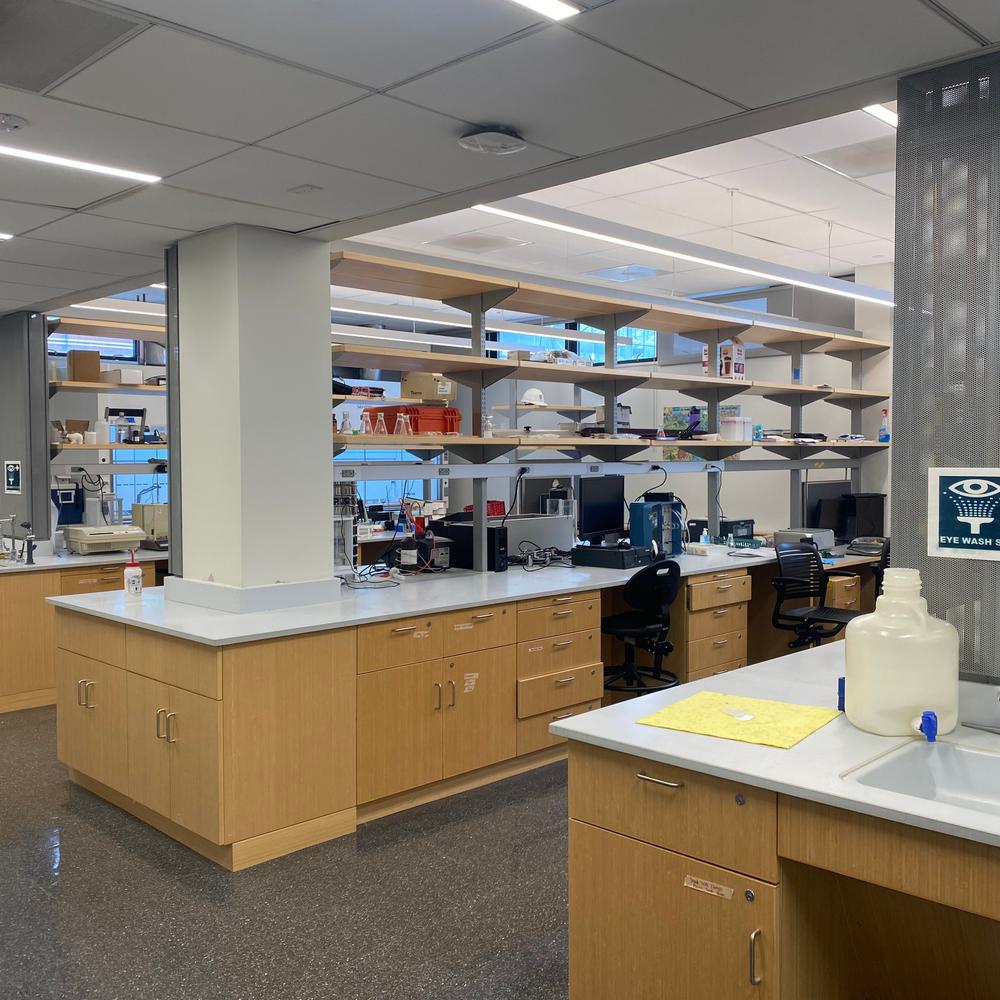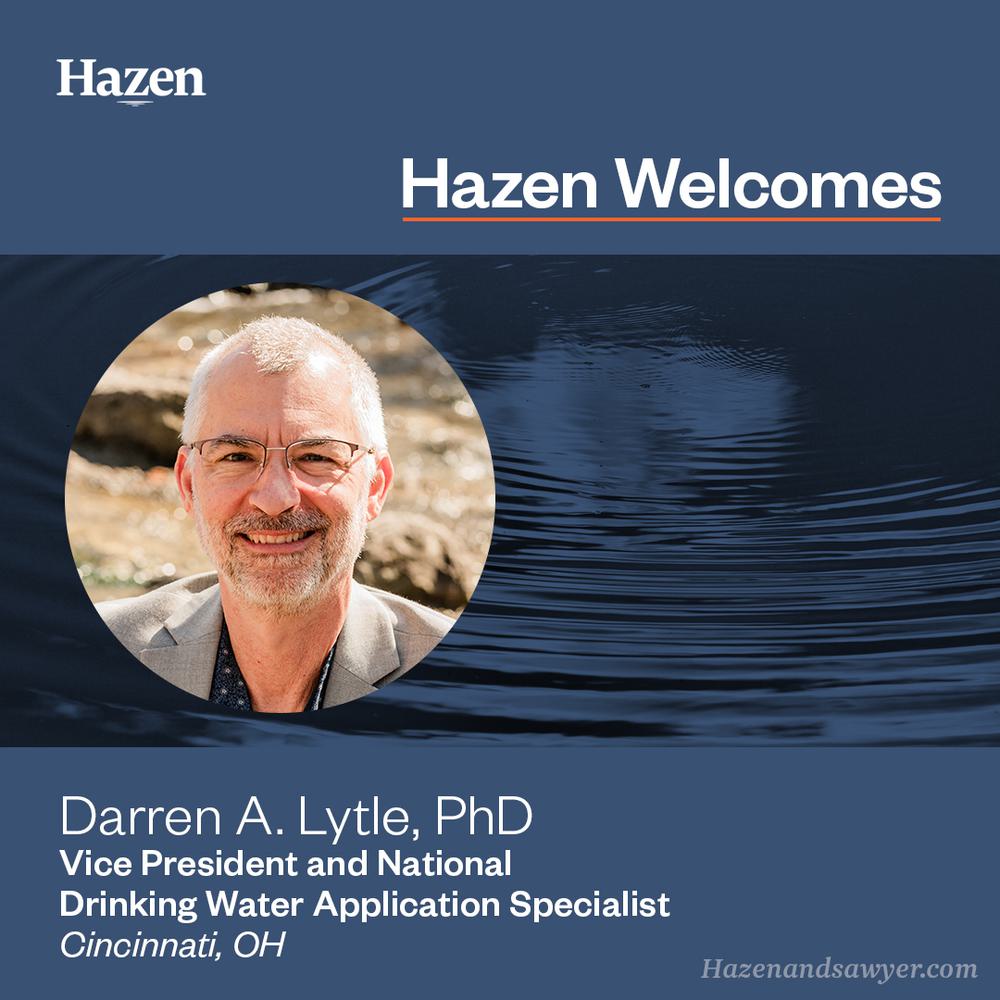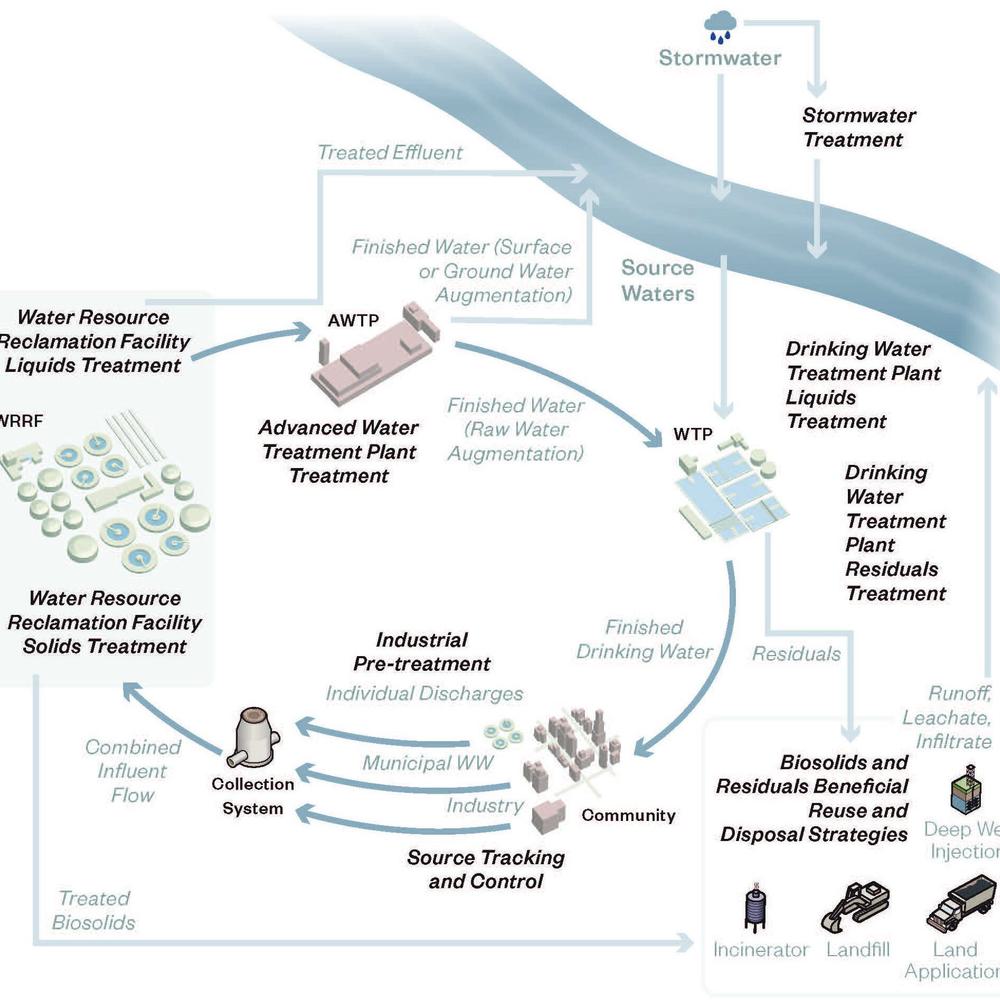Hazen to Lead WRF #5221: Impact of Solid Stream Treatment on Microplastics in Biosolids
(TEMPE, AZ - June 13, 2023) - A team featuring Hazen’s Cayla Cook as principal investigator (PI) with multiple partnering utilities was recently selected to lead Water Research Foundation (WRF) #5221: “Impact of Solid Stream Treatment on Microplastics in Biosolids.”
Microplastics are among the major recalcitrant contaminants of emerging concern in the environment. Wastewater resource reclamation facilities (WRRFs) serve as important conduits between microplastic sources and the environment, as microplastics received in the wastewater stream can accumulate in biosolids and enter the terrestrial environment through biosolids land application.
With growing concern over microplastics pollution and biosolids quality, this first-of-its-kind project will improve understanding of microplastics in the solid stream and develop guidance to support decision-making and navigating these emerging challenges. The project team will investigate microplastic abundance, transport, and transformation across the solid stream process to determine impacts and associated risks on land applied biosolids.
The vast majority of microplastics from wastewater are generally diverted into the solid stream for biosolid production. WRRF mass balances have historically been incomplete, partially due to the potential degradation of microplastics along the liquid and solid stream processes, which yields infinitely smaller microplastics, with some entering the nanoplastic size range. Quantitative methods available today cannot reliably determine nanoplastics in biosolids; therefore, unaccounted for micro-and nanoplastics create many questions on the fate and transport of these contaminants.

Questions remain about unaccounted-for microplastics in WRRFs, including their prevalence and how to best deal with them.
The project team will start by collecting a comprehensive microplastic data set for solid stream unit processes via literature review and empirical data collection. Data sample collection points will range from the influent to a variety of biosolid processing endpoints (including compost and solar drying) from six participating utilities across the country. A set of analytical methods for microplastics in biosolids will then be standardized by a team of microplastic analytical-method experts from academic collaborators.

Microplastic literature parameters for project meta-analysis.
This project will quantify microplastic transformation by mass along the solid stream process as well as quantify microplastic occurrence in biosolids geographically across the United States. It is critical to understand the occurrence and concentration of microplastics in wastewater solid streams to better understand impacts on soil, agricultural crops, aerosolization potential, and other pathways of potential environmental impact. Investigating treatment processes will allow researchers to determine which, if any, processes alleviate or further complicate downstream impacts.
The findings of this project will allow WRF Utility Subscribers to begin establishing methods and implementing solutions to address future needs from regulations or other drivers. To share findings, the project team will host a workshop inviting international experts on microplastics in soil biota, aquatic species, and biosolids experts. Project findings and discussion will also be published in the “Impact of Solid Stream Processes on Microplastics” Final Report highlighting best practices to reduce the downstream impacts of microplastics in biosolids for land application.

